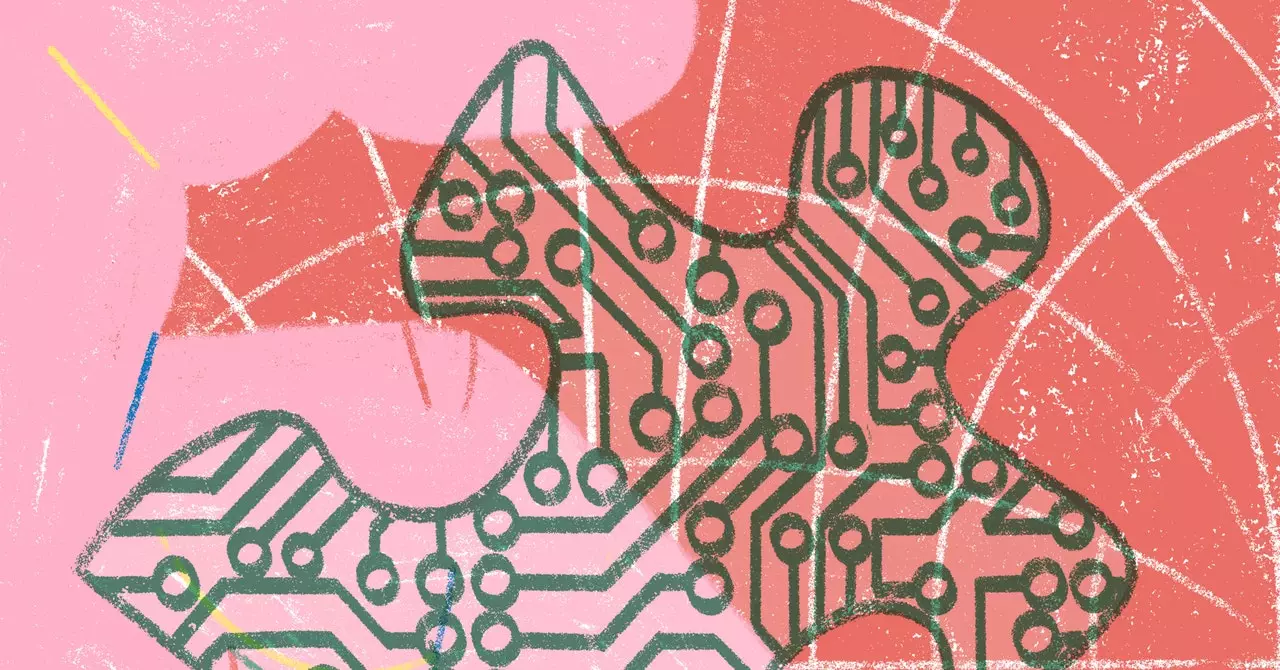In recent years, a pronounced shift in public and political sentiment has emerged regarding the powerful entities in the technology sector, often referred to as Big Tech. There is a growing consensus, spanning across diverse political ideologies and professional backgrounds, that the influence wielded by these companies is increasingly problematic. This critique is no longer restricted to fringe thinkers; even established figures within the tech industry are voicing concerns. Notably, prominent venture capital firms like Y Combinator and a16z are acknowledging the perilous consequences of centralized tech power and are expressing support for “little tech” alternatives that emphasize decentralization and democratization.
The trepidation surrounding Big Tech now often stems from the well-documented risks associated with centralization. As massive corporations retain unprecedented control over data and infrastructure, the implications for privacy, competition, and systemic resilience become glaringly apparent. The catastrophic CrowdStrike outage in mid-2024 serves as a poignant example, revealing how cutting corners can jeopardize vital services, including healthcare and essential utilities. This incident starkly illuminated the fragility of systems propped up by a few large players, raising alarm bells about the viability of relying on such concentrated power in essential sectors.
As for the allure of artificial intelligence, the narrative is shifting. Initially, the widespread enthusiasm for AI technologies suggested a bright future; however, as market dynamics evolve, significant financial backers like Goldman Sachs and Sequoia Capital are expressing skepticism about the return on investment associated with these projects. The vast capital required for AI development poses sustainability questions at a time when practical applications seem limited. Compounding this issue is the heightened awareness around the ethical implications of AI, particularly concerning data usage in an age where consumers are becoming increasingly privacy-conscious. Microsoft’s recent unveiling of Recall—a feature designed to capture extensive data on user behavior—epitomizes the dissonance between technology advancement and public sentiment regarding privacy.
Despite the looming challenges facing Big Tech, there is a silver lining—the emergence of alternative tech paradigms that prioritize democratic governance and transparency. Movements focusing on open-source technology and collaborative governance are gaining traction, particularly in Europe, where community-driven approaches seek to establish a more equitable tech landscape. Engagements among developers, regulatory scholars, and political economists are crucial in initiating dialogues that aim to dismantle the monopolistic tendencies of large tech corporations while fostering innovation rooted in public benefit rather than mere profit.
The impending challenges facing Big Tech are not merely obstacles; they present an opportunity for reimagination of how technology can serve society. As calls for transparency, privacy, and accountability echo louder, it is essential for communities and policymakers to unite in building a tech ecosystem that respects individual rights and fosters collective growth. The narrative surrounding Big Tech’s inevitable decline is not solely one of despair but rather an invitation to explore innovative solutions that prioritize the welfare of all—an adventure worth pursuing into the future.

